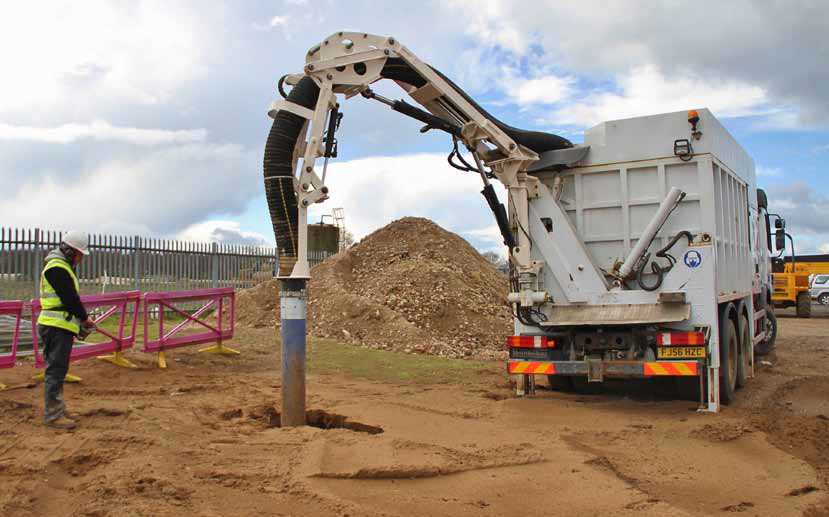At some point in our life, we all might have felt down, and have had felt disconnected, lonely, and excluded. Most of us might have seen it in our close friends, colleagues, and communities as well.
Loneliness is a growing problem among Australians. Especially after retirement. And so, all able people should come together to address this problem.
What is loneliness?
Everybody is affected by loneliness at some point in their lives. Most times, loneliness is temporary. It’s a natural component of the human experience.
Individuals experience depression or more likely to feel lonely when they are at a crossroads in their lives. The change from youngster to an adult, relocating to another space, having a kid, losing a companion are just a few instances.
Brief or temporary loneliness isn’t dangerous if we have strategies and will power. Also, one should be resilient enough to deal with loneliness. On the other hand, chronic loneliness can adversely affect how we work every day. It affects our health, wellbeing, prosperity, and productivity.
Who is the victim of loneliness? According to a 2019 survey by the Australian Psychological Society – “one out of every four Australians aged 12 to 89 suffers from severe loneliness”. This equates to approximately 5 million Australians at any given time.
Health risks related with loneliness
At the present time, in the wake of the COVID-19 emergency, loneliness is becoming more common than any time in recent memory. Many persons aged 50 and above experience bad feelings because of social isolation and loneliness, a research says. Such people are more likely to put their health in danger. Many of us are realizing that loneliness badly affects our health and can increase our risk of physical and mental illnesses like dementia, heart disease, depression, and anxiety.
Over 55 aged people good to consider retirement villages to get some people around.
Since the outbreak of the COVID-19 pandemic, one out of every two Australians has reported feeling lonelier. These negative emotions because of loneliness, raised the probability of acquiring a clinical depressive disorder by eight times for Australian residents aged 18 to 81 years. Additionally, it has resulted in a fivefold increase in the risk of developing a clinical social anxiety disorder. These findings are from a recent survey, studied between March and April 2020.
Signs and Causes of Loneliness
It is significant that we learn to perceive the signs of loneliness and realize where to find help. Loneliness is stigmatised, which makes it difficult for the individuals looking for help. Loneliness is affecting one in every four Australians. Yet, many people are uncomfortable to discuss their feelings of isolation and separation.
Because of this, numerous people are unable to obtain suitable assistance, accessible from their community. As a result, service providers experience more difficulty to recognise, engage with, and help individuals who are lonely or at risk of becoming lonely.
A sense of isolation or loneliness can be felt by some people in a variety of situations, including:
- certain occasions or festivities like Christmas, Easter, and birthday events
- relocating to another city or country without the family, and friends
- losing social interaction at work because of retiring or changing careers
- Experiencing the demise of someone you love
Let’s talk about loneliness
30% people in the age group of 35 to 54 are ashamed to confess that they are feeling lonely. These stats are according to the Mental Health Foundation in the United Kingdom. Also, 42% of younger individuals and 23% of those over 55 years old said the same thing.
Another research commissioned by the UK Campaign to End Loneliness, reported – “92 percent of survey respondents believed that individuals are afraid to admit they are lonely”. This hesitance and dislike to discuss feelings of loneliness or social isolation leads to the hardship of loneliness.
How can we address the issue of loneliness?
It’s by making a positive impact.
We need to bring issues to light and raise awareness about loneliness.
Loneliness can influence people of all ages. It is increasingly perceived as one of the significant health, social, and economic challenges within our recent times. So, to handle this, we need to have a strong network of – individuals who deeply care about this, top education and research institutions, service organisations, and care providers.
All such best class entities should come together with the goal of reducing chronic loneliness in Australians. One way to successfully battle loneliness is to understand it by building the evidence base. By talking even more freely about loneliness, we can overcome the stigma that encompasses it. We can likewise motivate others to give and get the help they need.
Developing strategies as well as reducing the stigma associated with it, are the efficient ways to address loneliness.



